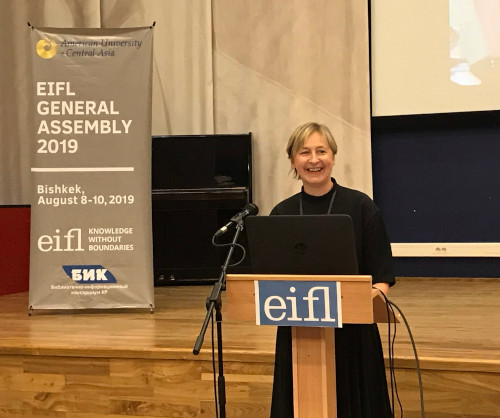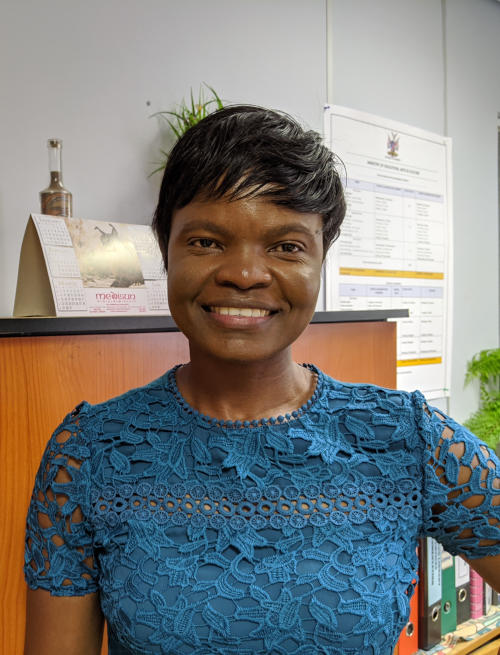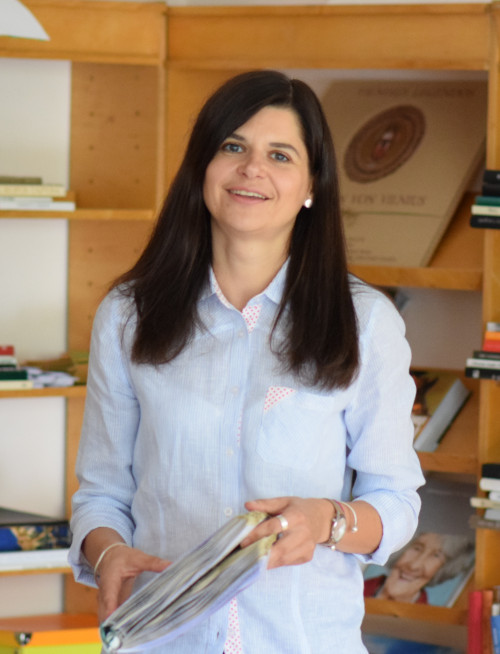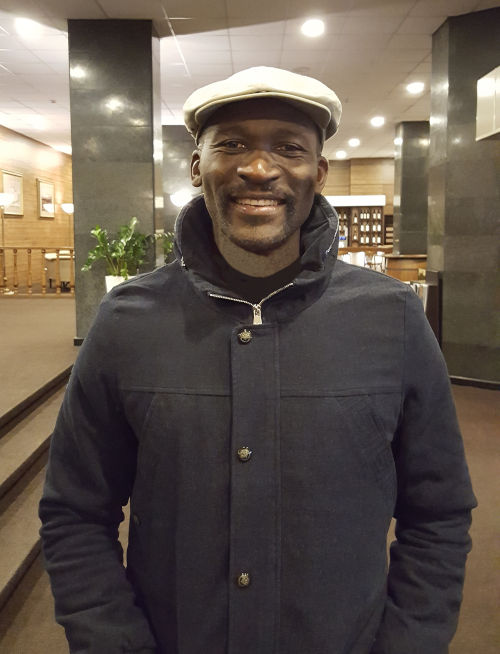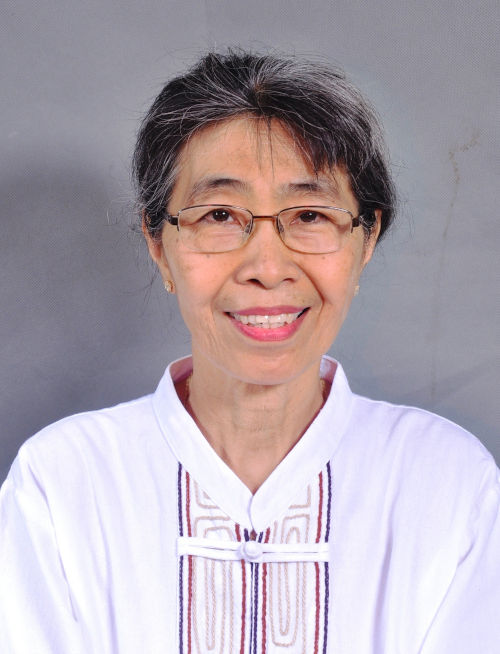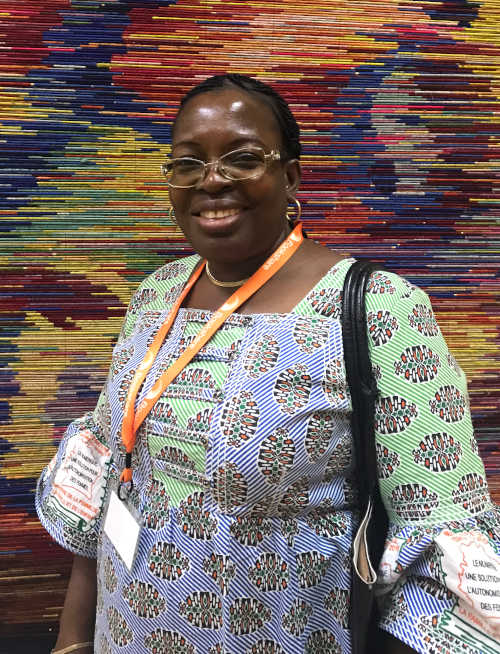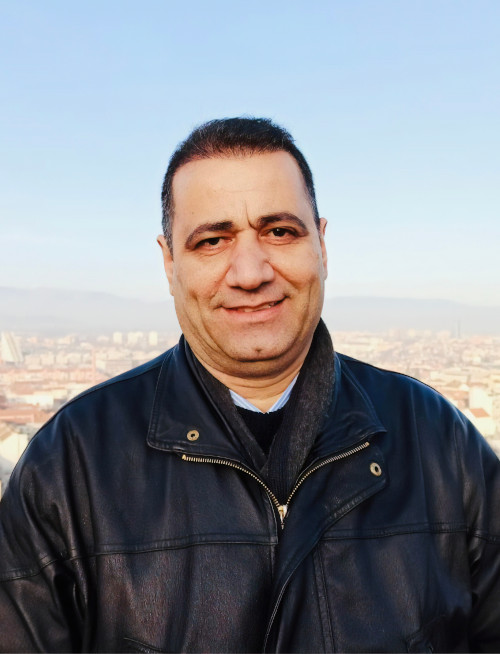Fundraising to expand the project
The pilot project was so successful that we launched a fundraising campaign for it through the online fundraising platform, GlobalGiving UK. In 2015 our campaign attracted major funding from the technology company, Nokia, enabling us to scale up the project to include mobile libraries in three more regions - Ashanti, Upper East and Western - with the potential to reach over 1,800 children in more than 20 schools annually.
Each of the three new regional libraries received 15 laptop computers and solar panels to charge them; a modem for the internet; a canopy, desks and chairs for large outdoor classes; a projector and screen, and a printer to print out notes for the children to take home. We were also able to buy more computers and additional equipment for Volta Regional Library. Working with Accra-based social enterprise, TechAIDE, we installed the equipment in the mobile libraries. TechAIDE also preloaded the laptops with content related to school subjects, like geography, mathematics, science and English, e-books, as well as practice exam questions and other useful and fun learning tools.
The three libraries consulted with their regional education offices, and identified 15 under resourced schools (five in each region) that would receive classes. Librarians from the three regions visited Volta Regional Library to learn how to prepare their mobile libraries for the classes; how to use solar power; how to download software updates and troubleshoot technical problems, and to see the hands-on computer classes in action. We organized a joint workshop for librarians and ICT teachers from the 15 selected schools at which librarians from Volta Region conducted training in how to manage large ICT classes using a limited number of laptops, how to use the pre-loaded educational content, and shared insights into teaching children ICT.
“When I heard that my school was to be one of the selected ones, that gave us great joy. This project is going to improve ICT learning. It will ease the burden of our teachers, and for the children who are struggling to comprehend computers in the abstract,” said James Tenga, headmaster of Yakoti Junior High School in Upper East Region.
Celebrations marked the launch of the hands-on computer classes in the three new regions in November 2015.
The beginning of an incredible journey
Over four years, from 2015 to 2019, the mobile libraries in Ashanti, Western, Volta and Upper East regions travelled thousands of kilometres, and conducted thousands of classes in 20 schools, reaching an average of 3,000 children a year - almost double the 1,800 they had planned to reach. They visited each school an average of three times a month during school terms, conducting two practical computer skills classes during each visit. When classes fell behind schedule, schools asked libraries to continue the classes over weekends and during school holidays - and they did.
The librarians and teachers worked with students in grades 1, 2 and 3, but paid special attention to Grade 3, the year students sit for the B.E.C.E. In each class, three to four children - sometimes more - shared a laptop. Careful management was needed to ensure that everyone had a turn to use the keyboard and mouse and to go online.
Along the way, there were challenges. The roads were bumpy, rutted and occasionally flooded. Sometimes the mobile libraries broke down. Early in 2019, GhLA recalled all the vans for refurbishment.
“Some parents and schools offered to pay for the services of a taxi to bring the laptops and the internet. Sometimes the librarians used their own cars, or another library vehicle. Some schools came to the library during free periods and over weekends so they would not miss classes when we couldn’t come,” said Yaa Agyemang Opare-Adu, Head of Programmes and Partnerships at the GhLA.
Often, electricity at the schools was not working, and so the librarians and teachers were thankful to have the solar panels. When internet connections were poor, the preloaded educational material came in handy. The librarians found different ways of using the laptops - for example, Volta Regional Library included 30-minute sessions in which children read aloud from the laptops to improve their English comprehension skills so that they would better understand the B.E.C.E. questions.
Excitement about the exam results
Every year in June Grade 3 students sat for the B.E.C.E. This was a huge moment for the students - but also for EIFL and the regional libraries, because the exam results were also a test of the effectiveness of the hands-on computer classes. So every year, we joined the students in their anxious wait for exam results.
When they came, they were remarkable. Year on year, there was a dramatic increase in the pass rate in the ICT exam in the schools where the mobile libraries offered classes. In 2014/15, before the expanded project started, the average pass rate in the subject ICT at B.E.C.E. level in the selected schools was just 45%. In 2016, it increased to 65%; in 2017 to 81%; in 2018 it was 85% and in 2019 it was 84%.
“I can proudly say that in 2018 ICT was the subject with the highest grades in the B.E.C.E. The project has transformed the children to become computer literates!” said Veronica McCarthy, the Head Teacher at Aboadze Catholic Junior High School in Western Region.
“When we can practise, the examination becomes very easy because we always remember what we practise! The library’s classes have also helped us students to do online research - and to acquire more information about what we are taught in class,” said Mary, a student from Western Region.
Cliff from Ashanti Region, achieved a Grade 1 pass for his ICT exam in 2018. He is now a student at Adu Gyamfi Senior High School, where he is concentrating on the subject General Science - his dream is to become a medical doctor. Cliff’s family cannot afford a home computer, and the hands-on computer classes have had a great impact on his life. During the gap between basic school and secondary school, he was able to get a job at an internet café. “I could be productive in my holidays, help others - and earn some money,” he said.
A nation-wide service is born
Evidence of the impact of the project, collected by the four regional libraries, and advocacy by GhLA, convinced the Ghana Investment Fund for Electronic Communications (GIFEC), a government agency, to equip the remaining six mobile regional libraries operated by the GhLA with laptop computers. GIFEC’s support makes it possible for the GhLA to transform the project into a sustainable service that will be offered in 10 regions: the four regions that took part in the EIFL project - Ashanti, Upper East, Volta and Western - and six more, Brong-Ahafo, Central, Eastern, Greater Accra, Northern and Upper West. From early 2020, 10 ICT-equipped mobile libraries will go on the road.
“EIFL has helped to build the foundation for extension of practical computer skills classes in under resourced schools across our country. We could not have achieved this without you. Thank you!” said Hayford Siaw, Chief Executive Officer of the GhLA.
